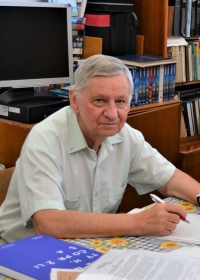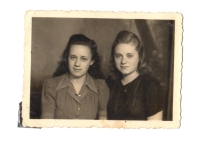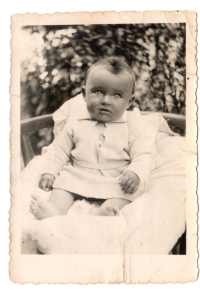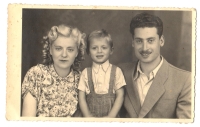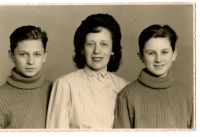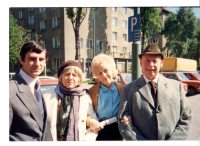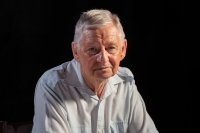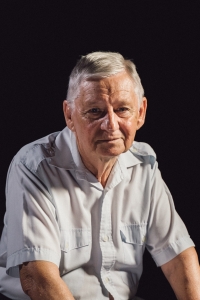Let us live as if we should die tomorrow and work as if we should live forever

Download image
Alexander Štrba was born on October 18, 1946 in Nové Zámky. He grew up together with his younger brother Róbert in a mixed Jewish-Catholic family of father Sándor Štrba (1913) and mother Helena Štrba, nee Herzova (1922). Both families came from Nové Zámky. Father survived the war in the Romanian town of Erdély. In June 1944, Mother’s family was dragged along with her mother, father and younger sisters Anči and Katka to the Auschwitz-Birkenau concentration camp. Only she and her sister Anči survived the terrible hardships of the extermination camp. After the war, Helena converted to the Catholic faith and got married. Both Alexander and his brother were raised in the Catholic faith. Mom did not talk to her son about the Holocaust and Judaism. Alexander learned about his Jewish origin as a child, but he knew nothing about the Holocaust, which tragically affected his family. Her story was learned only in adulthood, when the mother wrote down her sad experiences from the concentration camp at the request of her sons. After graduating from high school, Alexander entered the Faculty of Education of the Comenius University in Bratislava, which he did not complete. He got married when he was not even 21 years old, and in May 1968, his wife gave birth to their first son, Alexander. He applied again to the University of Pedagogy in Nitra, which he completed in 1972 and became a teacher. Until 1988, hewas a teacher at the Secondary Vocational School in Dvory nad Žitavou. For the next four years, he worked in the museum in Nové Zámky. He lived through 1989 hoping for a better future. Although he himself did not participate in the November demonstrations, his older son and daughter, then university students, did. In 1992, he returned to secondary vocational school again. He introduced a system of point evaluation and exam exams for second-year students. At the same time, he devoted himself to the history of Nový Zámky. He started writing books about the history of Nový Zámky and has written 22 books so far. He founded a private library, Biblioteka Kaláka, which Alexander’s wife still runs today.
